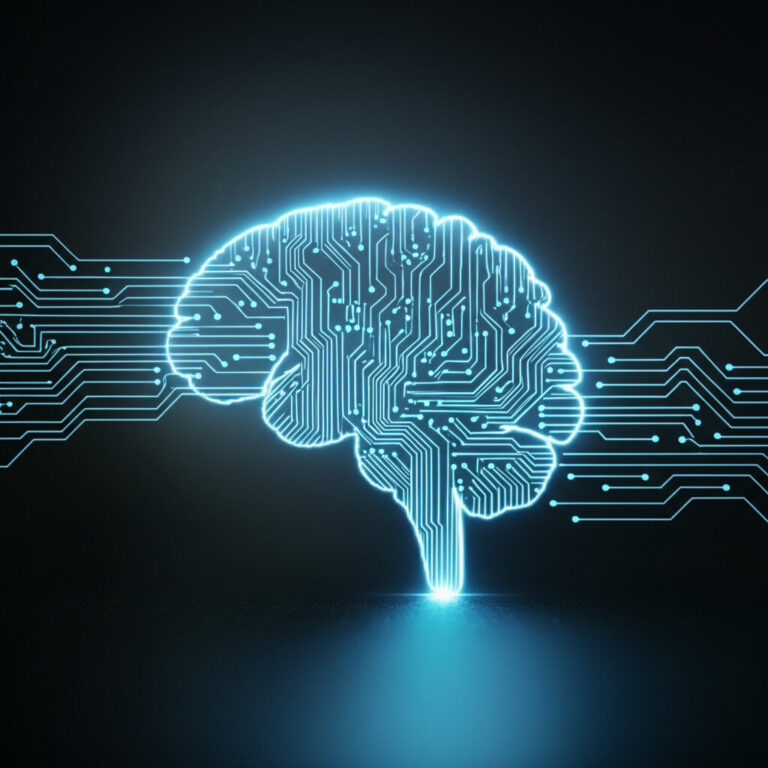The whispers of artificial intelligence have grown into a resounding chorus, echoing through every facet of our lives, from the mundane to the monumental. What once felt like distant science fiction is now an undeniable present reality, with algorithms subtly (or not so subtly) influencing our daily decisions and reshaping the very fabric of our economy. This rapid proliferation isn’t just about faster calculations or smarter tools; it’s about a fundamental shift in how we interact with information, create value, and even define human potential.
One of the most frequently discussed impacts is on the future of work. While some foresee widespread displacement, a more nuanced perspective suggests a profound transformation rather than outright elimination. New roles are emerging, requiring skills in AI ethics, system oversight, and creative problem-solving that complement, rather than compete with, automated processes. The challenge lies in equipping the current workforce with these adaptive skills and fostering an environment where human ingenuity can thrive alongside intelligent machines.
Beyond economic shifts, the ethical dimensions of advanced AI demand immediate and careful consideration. Questions surrounding bias in algorithms, privacy, accountability for AI decisions, and the potential for misuse are no longer theoretical debates but pressing concerns requiring robust regulatory frameworks and public discourse. Ensuring that AI development aligns with societal values and promotes equitable outcomes is paramount to harnessing its power responsibly and preventing unintended negative consequences.
Perhaps the most exciting frontier lies in the realm of human-machine collaboration. Instead of viewing AI as a replacement, we can embrace its potential as an augmentation tool, extending our cognitive reach and freeing us to focus on higher-level tasks requiring empathy, creativity, and critical judgment. Imagine doctors augmented by diagnostic AI, artists co-creating with generative models, or scientists accelerating discovery through AI-driven research – the possibilities for innovation are immense when we learn to work with these new intelligences.
The accelerated pace of AI innovation presents humanity with both unprecedented opportunities and significant challenges. Our collective response to this evolving landscape will define not just our technological future, but our societal one. By proactively investing in education, fostering ethical development, and championing collaborative approaches, we can navigate this transformative era not as passive observers, but as active architects of a future where intelligence, both human and artificial, serves the greater good. The key is not to fear the future, but to build it intentionally, with foresight and a deep understanding of our shared human values.


